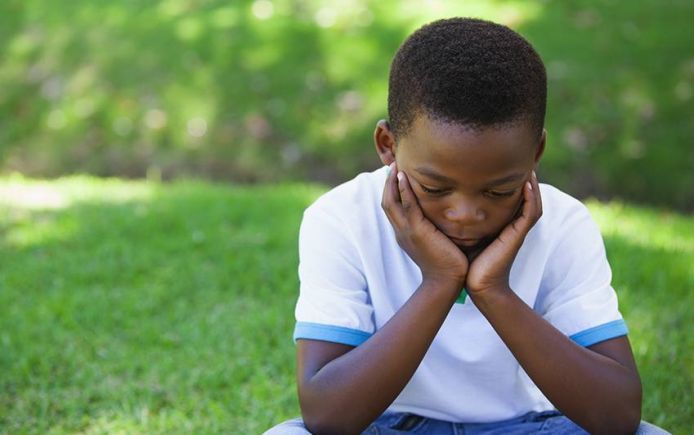Psychologist calls for schools to prioritize mental health programmes
The COVID-19 pandemic has been very devastating especially because so many people have lost their lives and some their jobs. However, the impact of the virus is not only physical

The COVID-19 pandemic has been very devastating especially because so many people have lost their lives and some their jobs.
However, the impact of the virus is not only physical but also mental. This is especially for students who are back to school to resume learning. Most schools are more focused on recovering the time lost without so much as a thought on how the long closure of schools could have affected most children.
Expert psychologist and counsellor, Dr. Gachogu, says that a recent assessment of Chinese students indicates that lengthy school closures can affect the mental health of children.
A girl sitting on the floor. (Source, https://www.cbtkenya.org)
Now more than ever school need to add mental health programmes to help students adjust and deal with the fears of catching the disease when in school. Mental help care can be very helpful especially because the COVID-19 has led to the ban of extra-curriculum activities which can enhance the mental, physical and emotional wellbeing of children.
Some children could also be facing a hard adjustment period with increased fear, anxiety and depression which can go undetected. The teachers are therefore urged to be children’s friends and pay attention to how they could be struggling.
Furthermore, schools should invest in the wellness of the students through guidance and counselling and mental health programmes.
“Have open conversations about their worries, fears and emotional issues they could be experiencing and reassure them that its okay to feel that way. Build a sense of trust and be a good listener because children like to be heard and understood,” says Dr Gachogu.
Feature image: (Source,lh3.googleusercontent.com)




